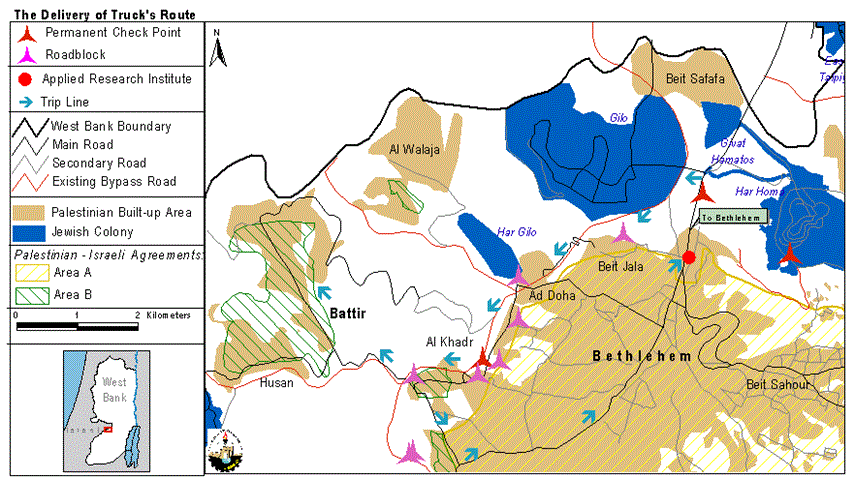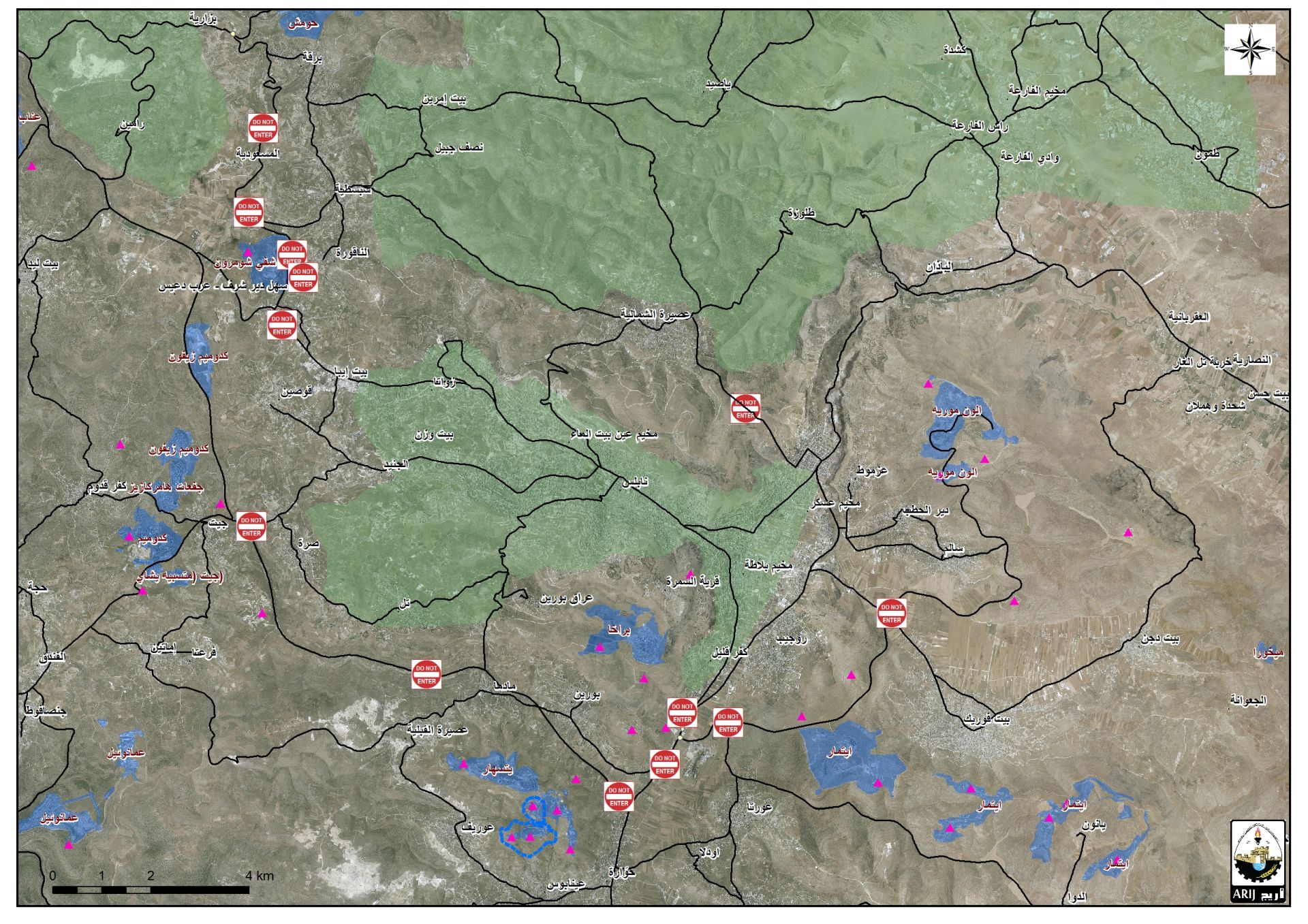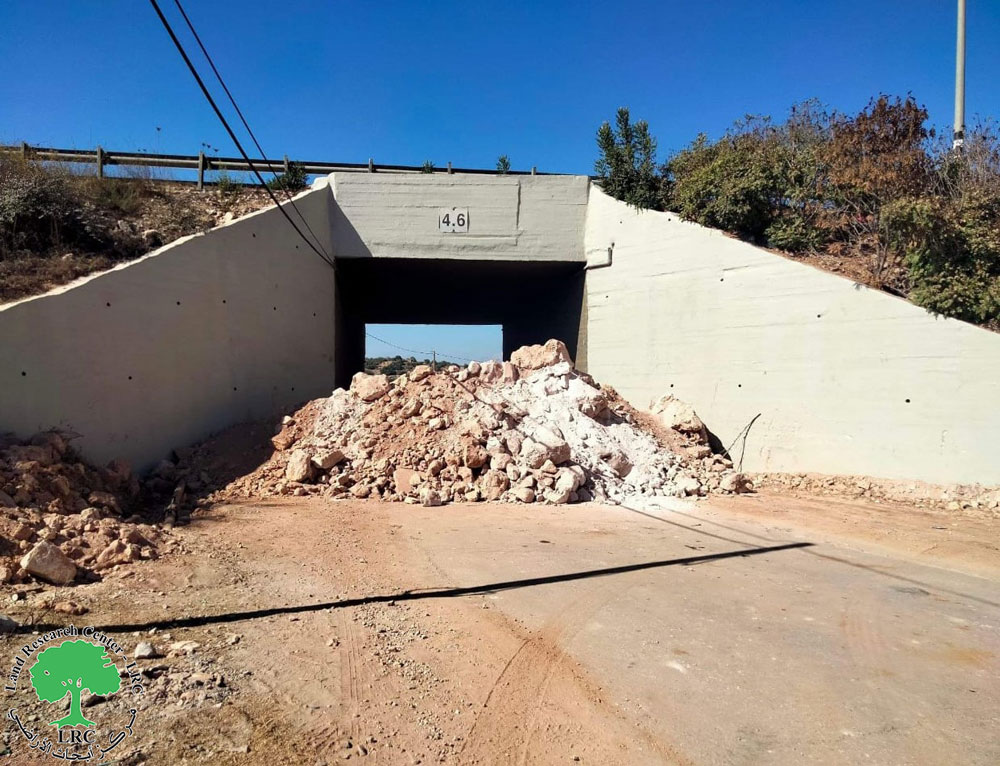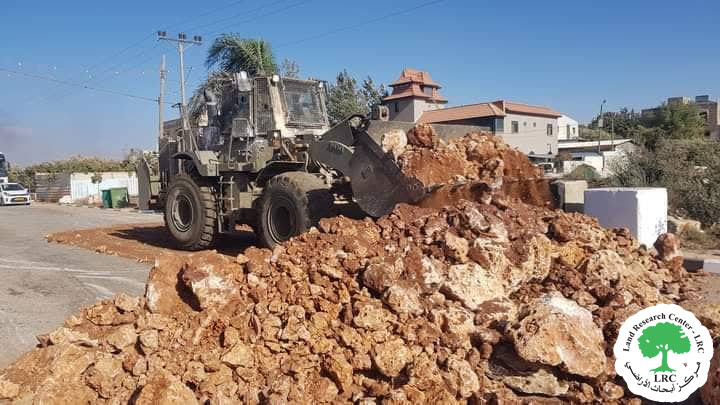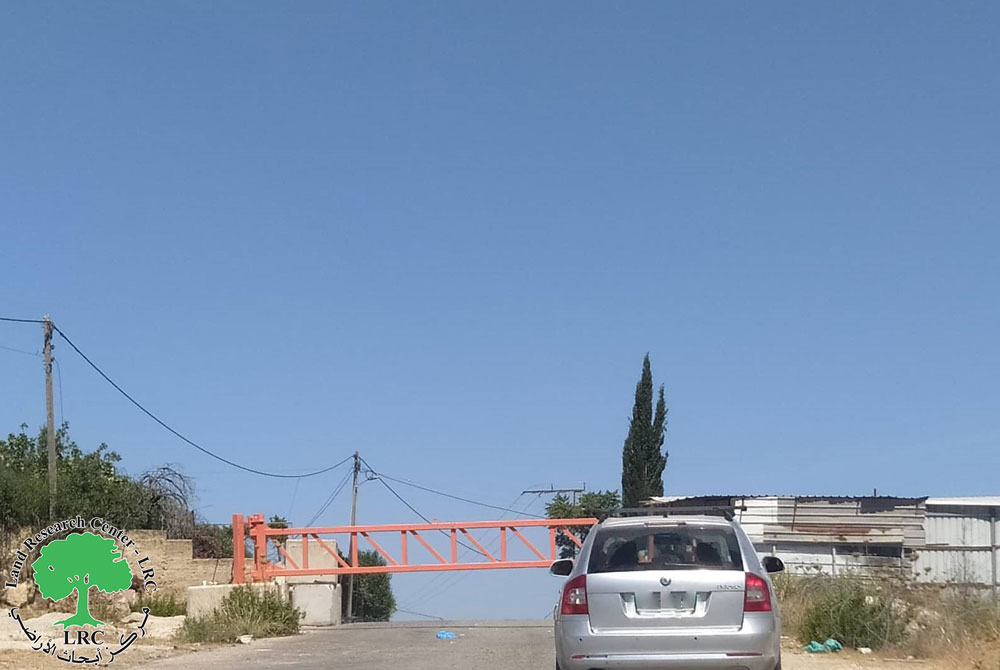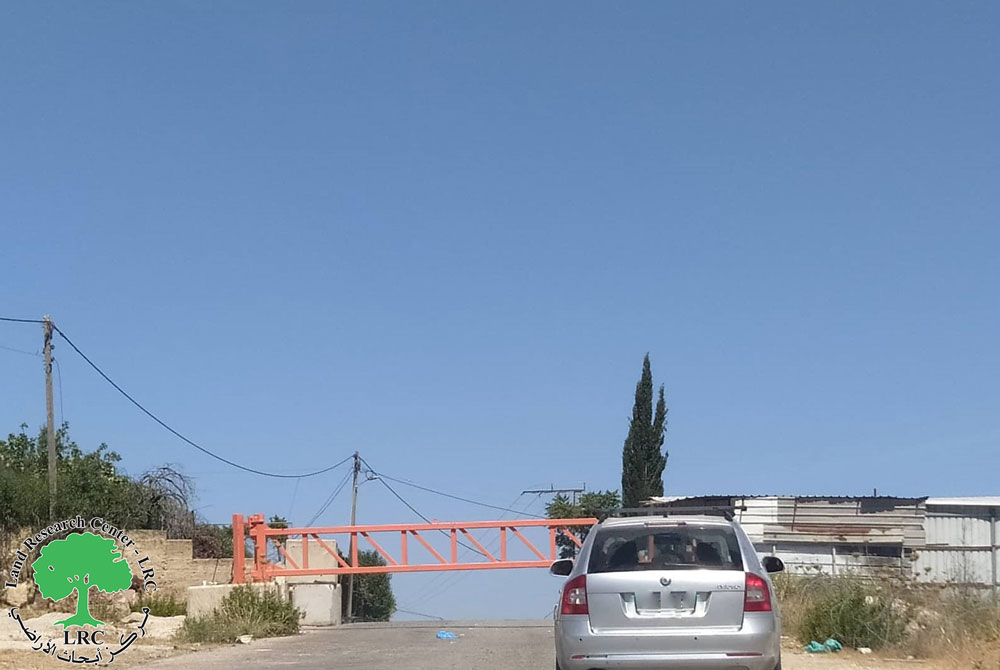Since the establishment in 1990, the Applied Research Institute-Jerusalem has recognized the importance of the agricultural sector and has focused its work on applied research and on-farm field trials. Recently ARIJ has submitted a project proposal to continue its work in increasing agricultural productivity, expanding cultivated areas and improving field crop production in the West Bank.
The latest project aims to improve the status and potential of rain-fed farming in Palestine through applied research, demonstration and extending the use of improved agricultural practices, inputs and crop diversification, thus increasing Palestinian food self-sufficiency, especially in field crop production. However, due to the ongoing political conditions; the current blockade and the internal siege that have been imposed on the Palestinian Territories by closing all the entrances to area “A” with roadblocks since the outbreak of Al-Aqsa Intifada, this project’s activities will be conducted in Bethlehem District, instead of across the West Bank. New villages have been added to the project, which is now working with Za’atara, Ras Alwad, Al Shawawreh, Dar Salah and Beit Sahour villages in Bethlehem District, in addition to Al-Aroub Agricultural School in Hebron.
In an attempt to encourage farmers to reclaim their land, the project’s committee decided to provide farmers with seasonal seed crops (wheat, barley, lentil, bitter vetch, chick-peas and common vetch). These crops are normally planted in December or January, the rainy season. The seeds are supplied by an Israeli company and need to be delivered to Bethlehem from Baqa Al Gharbiya village west of Tulkarm. On 13th of December 2000 the project leader arranged for a delivery of the seeds to the Institute in Bethlehem. The delivery included seeds for 25 families (the average of each family is 10 person) to plant around 200 dunums of land. The truck with the seeds managed to pass, despite the difficulty of passing, several of the Israeli checkpoints and roadblocks imposed at all entrances of Palestinian villages to isolate areas A from areas B & C. However, as the driver reached the Jerusalem-Bethlehem checkpoint, Israeli soldiers stopped the truck and barred him from entering Bethlehem.
The driver persisted for one hour trying to pass. This was unsuccessful and so he then tried to pass by the Tunnel road (road # 60), which overlooks at Al Khader village and Beit Jala city, but all the exits leading from this by-pass road were closed due to the Jewish colonists’ use of the road. Finally, he found a small entrance in Wadi Rahhal village south of Bethlehem. Unfortunately, as he approached, Israeli occupation bulldozers impeded his entry and closed the entrance in front of him. The driver decided that there was no alternative than to take the seeds to be stored in area B, instead of delivering them to Bethlehem city (in area A). Eventually, he took the seeds to Battir village northwest of Bethlehem. However, by the time he reached Battir it was already 6 o’clock, long past the time when he should have broken fast for the end of the day of Ramadan. It was not for another three days that it was possible to bring the seeds from area B in to the institute in area A. The distance between the Jerusalem-Bethlehem checkpoint and the Applied Research Institute-Jerusalem doesn’t exceed 0.5 km whereas the distance of the route that the truck was forced to take was 20 km, 40 times the length of the normal route. The two routes are shown in the following map.
In another event, the Palestinian Ministry of Agriculture encountered the same problem that faced ARIJ. The Ministry was to receive a supply of chemical fertilizers to be allocated to Palestinian farmers in Bethlehem District, in an attempt to encourage the farmers to re-cultivate their land. These fertilizers should have been delivered to the Applied Research Institute-Jerusalem (ARIJ), and then been handed over to the farmers. However, due to the Israeli closure that has been established on the Palestinian Territories since September 28, 2000 and the blockade imposed on all entrances to villages by the Israeli army, have prevented the truck with the fertilizers from entering Bethlehem. Even though several attempts were made by the driver to pass by means of the by-pass roads and dirt tracks but unfortunately all of them led to dead ends. Thus he had no other choice than to take the fertilizers to be stored in Hebron District. Finally, he took the fertilizers to Al-Aroub Agricultural Station.
The continued blockade on the West Bank and Gaza Strip affects all aspects of Palestinian life. One of the many damaging aspects of this closure is the Israeli policy which prevents the movement of agricultural projects. Such products are focused on improving the quality of agriculture in Palestine. The Israeli closure places great obstacles in the way of making such improvements.
Prepared by:
The Applied Research Institute – Jerusalem


